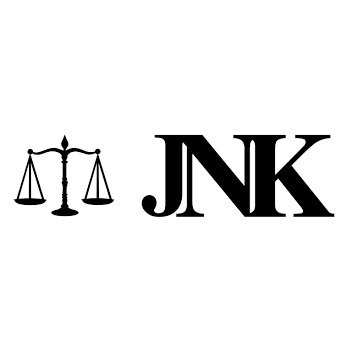Best Work Injury Lawyers in Kowloon
Share your needs with us, get contacted by law firms.
Free. Takes 2 min.
List of the best lawyers in Kowloon, Hong Kong
About Work Injury Law in Kowloon, Hong Kong
Work Injury Law in Kowloon, Hong Kong, is designed to provide protection and compensation to workers who have been injured or become ill as a result of their job. It is governed by the Employees' Compensation Ordinance, which outlines the responsibilities of employers to their employees in terms of providing a safe workplace and compensation in the event of a work-related injury or sickness.
Why You May Need a Lawyer
If you've suffered a work-related injury or illness, a lawyer can help you navigate the complex legal system and ensure you receive fair compensation. It can be difficult to understand all the relevant legislation and procedures without legal guidance. Additionally, a lawyer can represent you in settlement negotiations or court proceedings, should these be necessary.
Local Laws Overview
The Employees' Compensation Ordinance in Hong Kong covers all employees, regardless of their employment status or length of service. It stipulates that employers are responsible for paying compensation for injuries caused to employees in the course of their employment. This includes the payment of medical expenses and wages lost because of time off work. In the event of a fatal injury, benefits may be payable to the deceased's dependents.
Frequently Asked Questions
What qualifies as a work-related injury?
A work-related injury is any injury, disease, or disorder that arises out of or in the course of employment, including those that occur while travelling for work or during a work break.
Who pays for the compensation?
The employer is required, by law, to pay compensation to the injured employee or their dependents. The exact amount of compensation is generally determined by the degree of injury or disability and the employee's wage at the time of injury.
Can I sue my employer if I'm injured at work?
In most cases, if you've been injured at work, you cannot sue your employer. Instead, your legal remedy is to seek workers' compensation. However, in some circumstances where negligence or a deliberate act is involved, it may be possible to pursue further legal action.
What if my employer doesn't have insurance?
Even if an employer does not have workers' compensation insurance, they are still legally responsible for paying compensation for a work-related injury or sickness.
Can I be fired for getting injured at work?
It is illegal for an employer to terminate an employee because of a work-related injury. Employees have the right to a safe workplace and compensation for any work-related injuries or illnesses.
Additional Resources
The Labour Department of Hong Kong provides a wealth of information and resources about workers' rights and responsibilities under the Employees' Compensation Ordinance. This includes details about compensation rates, injury reporting procedures, and how to resolve disputes over compensation.
Next Steps
If you've been injured at work and believe you are entitled to compensation, seek legal advice as soon as possible. Gather all the relevant documents, such as medical reports and accident reports, and be prepared to discuss the events leading up to and following your injury. Your lawyer will guide you through the process of making a claim and ensure you receive the compensation to which you are entitled.
Lawzana helps you find the best lawyers and law firms in Kowloon through a curated and pre-screened list of qualified legal professionals. Our platform offers rankings and detailed profiles of attorneys and law firms, allowing you to compare based on practice areas, including Work Injury, experience, and client feedback.
Each profile includes a description of the firm's areas of practice, client reviews, team members and partners, year of establishment, spoken languages, office locations, contact information, social media presence, and any published articles or resources. Most firms on our platform speak English and are experienced in both local and international legal matters.
Get a quote from top-rated law firms in Kowloon, Hong Kong — quickly, securely, and without unnecessary hassle.
Disclaimer:
The information provided on this page is for general informational purposes only and does not constitute legal advice. While we strive to ensure the accuracy and relevance of the content, legal information may change over time, and interpretations of the law can vary. You should always consult with a qualified legal professional for advice specific to your situation.
We disclaim all liability for actions taken or not taken based on the content of this page. If you believe any information is incorrect or outdated, please contact us, and we will review and update it where appropriate.









